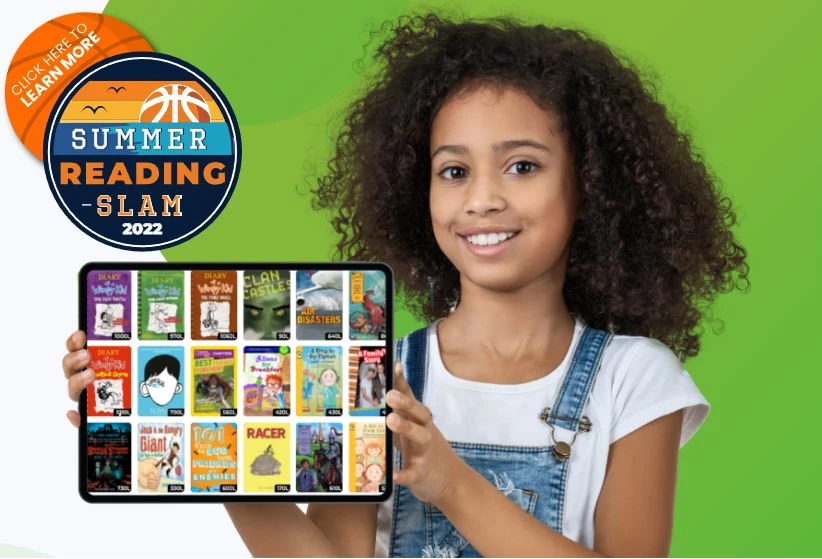
While it may seem early, preschool is an important age for establishing a solid foundation of literacy skills that can set your child up for reading and writing success. In fact, recent research suggests that we can identify children with dyslexia as early as age three!1
Keeping an eye on your child’s reading skills can help make sure their child is getting the right support, regardless of later diagnosis. Remember, dyslexia can run in families.2 If you have a family history of dyslexia it is even more important to monitor your child’s progress as they grow.
1. Early Signs of Dyslexia in Preschoolers
If you see a few of these early signs of dyslexia in your child, don’t be alarmed! Children learn and grow at their own pace, especially when it comes to learning to read and write. However, if you have a family history of dyslexia, or you have concerns about your child’s learning, be sure to reach out to a trusted professional, like your child’s pediatrician or teacher.
Early signs of dyslexia can include:2,3
- Difficulty learning nursery rhymes.
- Difficulty remembering the names of the letters in the alphabet.
- Doesn’t recognize words that rhyme, like dog and frog.
- Doesn’t seem to recognize their name or the letters in their name and has trouble learning to spell it.
- Mispronounces familiar words, especially ones that are two or more syllables, like butterfly.
- Confuses some similar sounds, like ‘f’ and ‘v’.
- Has difficulty with sequencing, such as following multi-step directions or telling a story in the right order.
- Has trouble remembering new things, like new vocabulary, the days of the week, or the names of colors and shapes.
2. What Should I Do if I Have Concerns?
Research shows the earlier we can support children with dyslexia the better!1 If you have concerns, reach out to your child’s teacher or pediatrician. They can direct you to the right professionals to help your child. Don’t be afraid to trust your intuition and advocate for your child!
3. How to Support Early Literacy in Preschoolers
If you have concerns about your preschooler’s literacy skills, the most important thing is to make sure reading and writing remain enjoyable activities! Reducing your child’s frustration by choosing engaging activities at their level is key.
That’s why LightSail’s reading and writing modules are perfect for struggling readers. LightSail has lots of personalization options that you can add to any book — you can:
- Make the font larger so it’s easier to read,
- Hide words your child isn’t viewing so the experience isn’t overwhelming,
- Change the font and backgrounds colors to match your child’s preferences,
- Have the book read-aloud to your child as they view the text.
These features make sure the reading experience fits your child’s needs – something that can’t be done with print books!
LightSail also has a huge library of books to choose from, with lots of fun and engaging topics for preschoolers like dinosaurs, trucks, fairy tales, and animals, and videos to go along with them! LightSail will even help you choose books at the ‘just right’ level for your child based on their Lexile level. Read to find out about: What’s a Lexile Levels? Even better, your child’s Lexile Level is automatically assessed and updated, so you never have to guess when choosing books! Having books at the right level for your child is important in preventing frustration.
Preschool is a key time for setting the stage for reading and writing skills. Knowing the signs of dyslexia can help you identify whether your child might benefit from extra support. Regardless of a diagnosis, keeping reading fun and engaging at home for your preschooler is important in setting the stage for a lifelong love of reading! LightSail’s personalization, extensive book library, and games and modules make reading enjoyable and reduce frustration.

Posted on 9.Sep.21 in Struggling Readers




